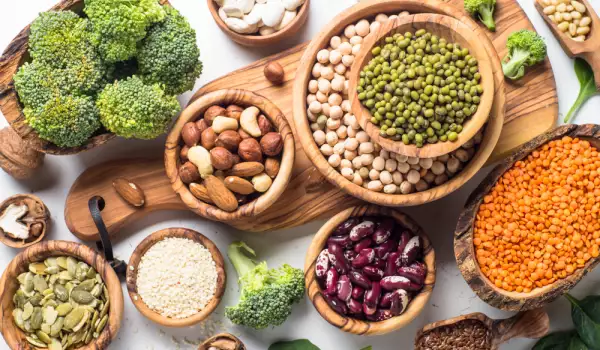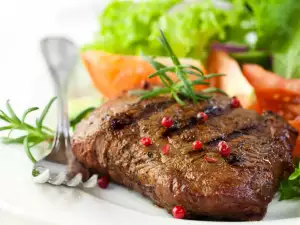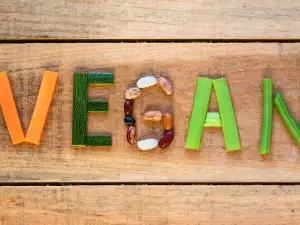A vegan is a person whose diet is based entirely on plants. A vegan diet excludes all animal products, such as dairy, eggs, beef, poultry, fish, gelatin and honey.
Vegans enjoy a variety of foods, including vegetables, fruits, nuts, seeds, whole grains and many foods made from plants. The main products of a vegan diet are 100% plant-based, although some vegans consume honey.
History of Veganism
The term vegan (short of the word "vegetarian") was made up in 1940 by Donald Watson, who was also the founder of the British Vegan Society. Veganism has grown significantly with the increase in understanding of human nutrition and the benefits of consuming a plant-based diet.
Many popular books and films have also helped raise awareness of veganism, such as the China Study (T. Colin Campbell) and Food Inc., which discuss the standard American diet and the benefits of a plant-based diet. Currently, somewhere between 1% and 3% of the population considers themselves vegan.
Some Reasons to Go Vegan

People become vegan for a variety of reasons, including ethical, environmental, and personal health. Ethical vegans extend their principles beyond their plate and also refrain from using animals in other aspects of their lifestyle, such as clothing, cosmetics, and medicine.
Ethical vegans also avoid leather, silk, wool, beeswax, and many other animal products, as they view the use of animals for entertainment or consumption as unnecessary and cruel.
Environmental vegans believe that factory farming, the current standard method for producing meat, eggs, and dairy products, is causing irreversible environmental destruction, and that a plant-based diet is a more sustainable choice for the health and well-being of the Earth.
Health Benefits of Veganism
A balanced vegan diet can offer many protective health benefits against common diseases such as heart disease and is considered an appropriate diet for all stages of life when planned appropriately.

Many dietitians and nutrition experts recommend supplementing a vegan diet with vitamin B12 or fortified foods, such as fortified cereals and soy milk, to obtain adequate amounts of this vitamin, which primarily comes from animal products.
A properly planned vegan diet can have many health benefits and is a good way to try new foods. There are different versions of veganism, including raw veganism and macrobiotic veganism.
Vegan diets are higher in fiber, many vitamins and minerals, and lower in calories than a standard diet. The growing popularity of veganism makes it easier than ever to follow and adhere to.
With countless resources and vegan food substitutes now available, you can prepare delicious and completely nutritious:
- vegan sweets.
Find out why some people gain weight on a vegan diet and learn how to make vegan milk and what are the vegan sources of protein.




















Comments